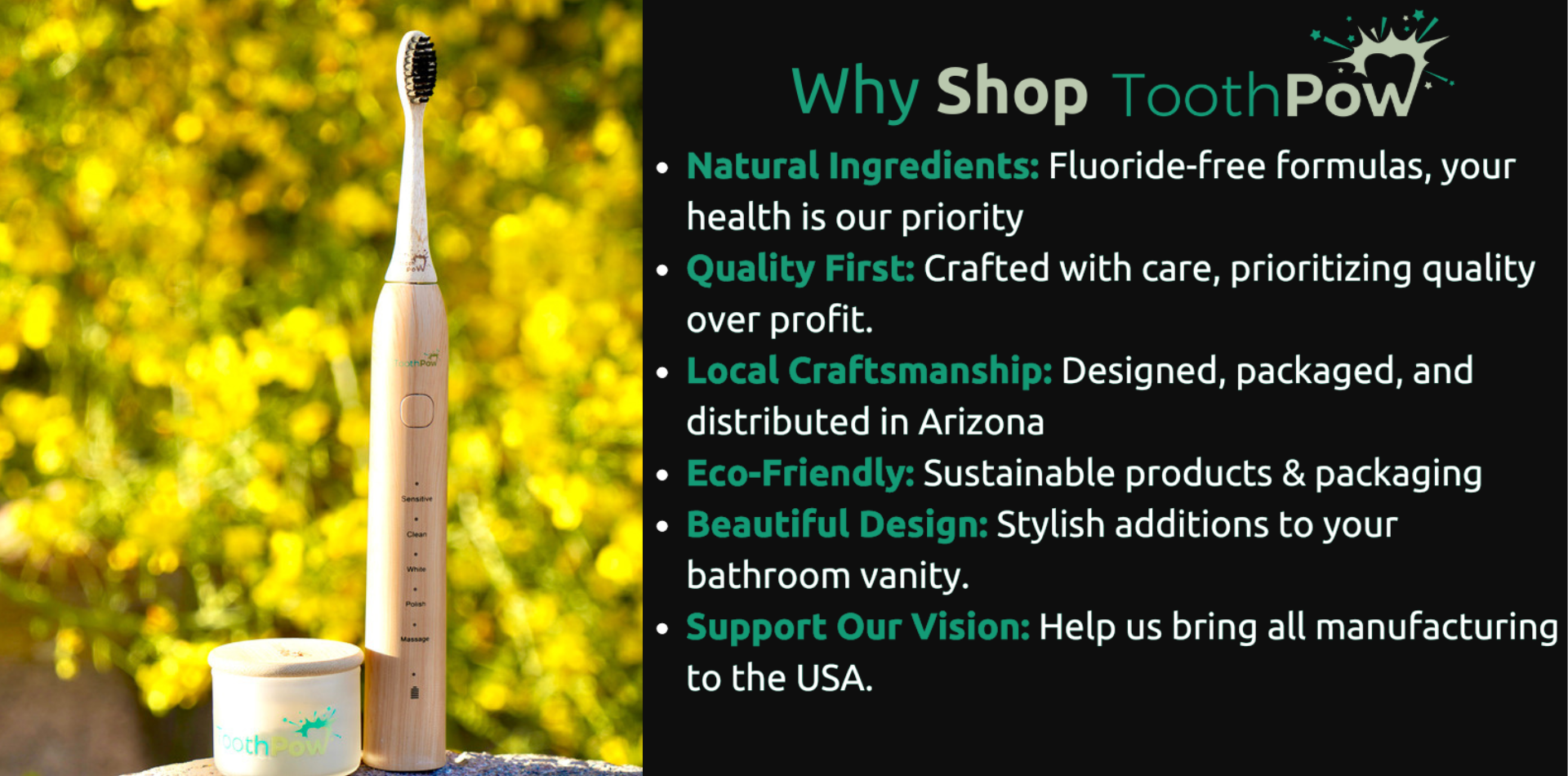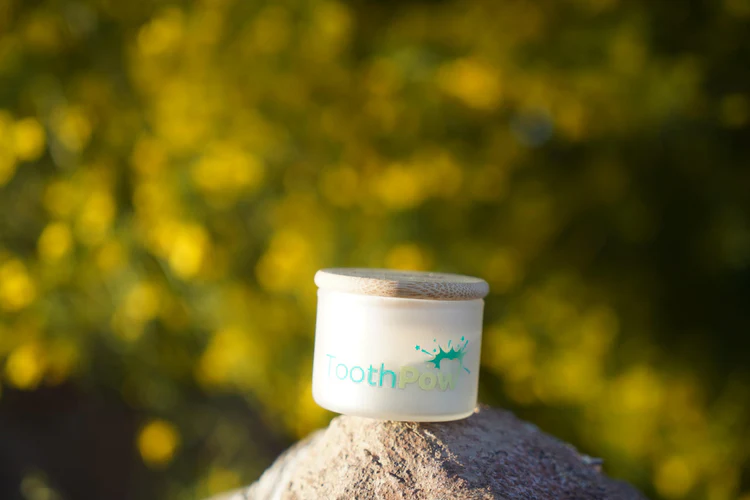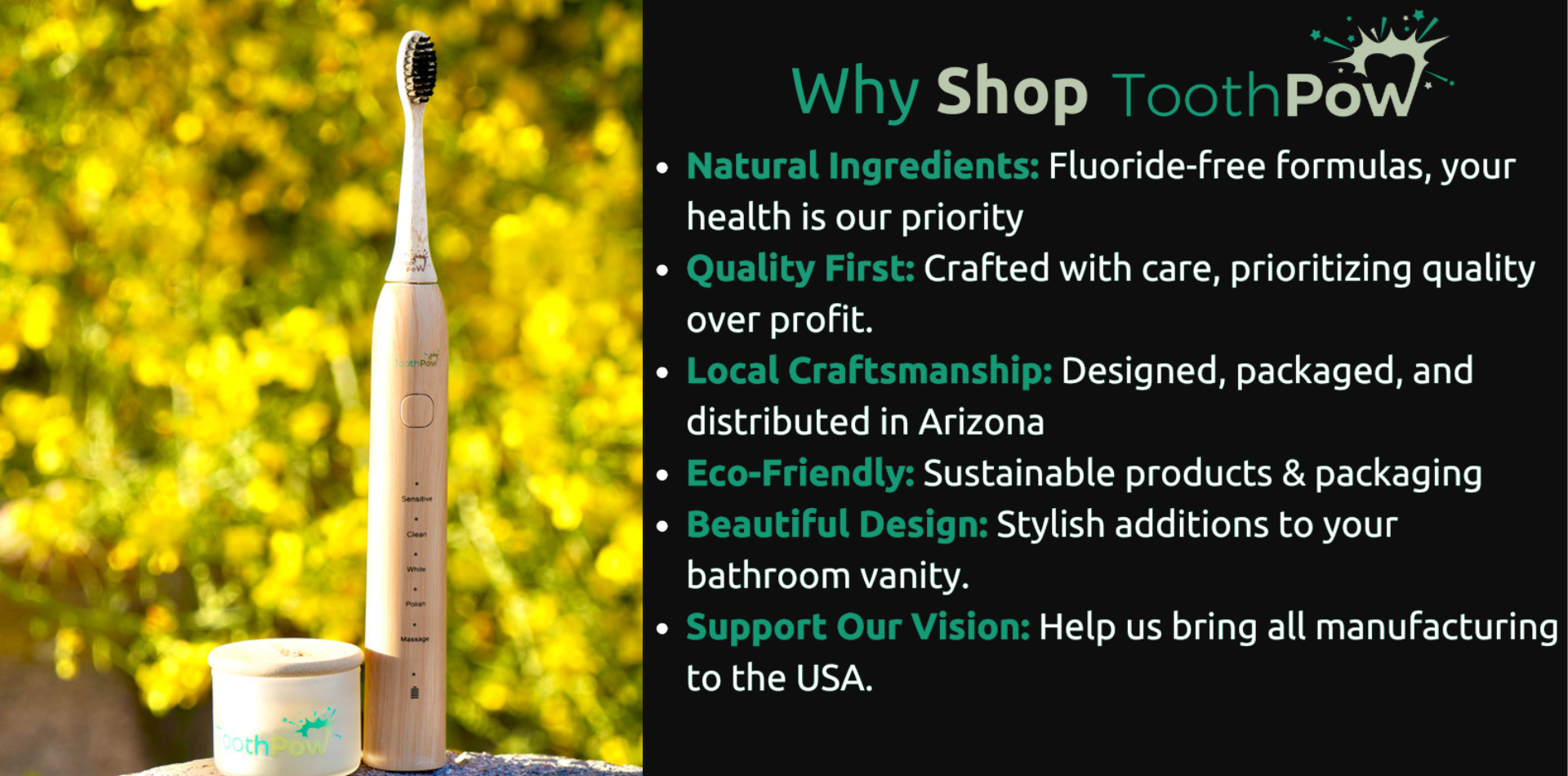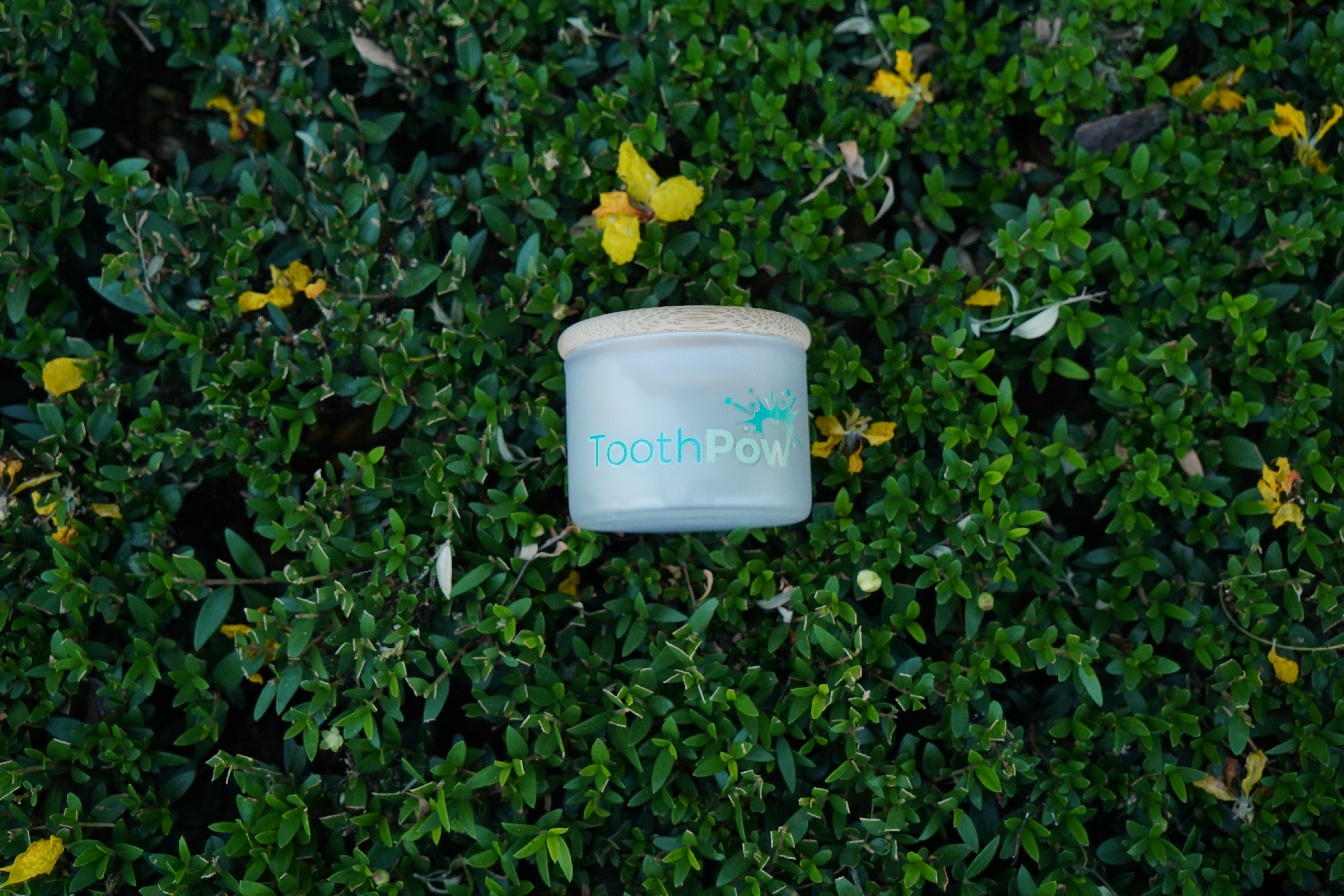Introduction
Tooth sensitivity is a common dental issue that affects millions of people worldwide. It can cause sharp, temporary pain when your teeth are exposed to certain stimuli, such as hot or cold temperatures, sweet or acidic foods, or even when brushing. This discomfort can impact daily activities like eating, drinking, and oral hygiene practices, leading to a lower quality of life for those affected.
The purpose of this article is to provide a comprehensive understanding of tooth sensitivity, including its causes, prevention strategies, and treatment options. By exploring the underlying factors that contribute to tooth sensitivity and offering practical solutions, we aim to help you manage this condition effectively and improve your oral health.
Causes of Tooth Sensitivity
Understanding the root causes of tooth sensitivity is essential for effective prevention and treatment. Here are the primary factors that contribute to this uncomfortable condition:
Enamel Erosion
Enamel, the hard protective outer layer of your teeth, can wear away due to various factors. When the enamel erodes, the underlying dentin is exposed. Dentin contains tiny tubules that lead directly to the tooth's nerve center, making teeth more sensitive to stimuli like temperature changes and certain foods.
Factors that contribute to enamel erosion include consuming acidic foods and drinks such as citrus fruits, sodas, and wine. Additionally, using abrasive toothpaste or brushing aggressively with hard-bristled toothbrushes can also wear down enamel. A study published in the Journal of Dentistry highlights that dietary acids significantly contribute to enamel erosion, which leads to increased tooth sensitivity.
Gum Recession
Gum recession occurs when the gum tissue pulls back, exposing the roots of the teeth. Unlike the crown of the tooth, the roots lack a protective enamel layer, making them highly susceptible to sensitivity. Common causes of gum recession include periodontal disease (gum disease), aggressive brushing, poor oral hygiene, and tobacco use. Research in the Journal of Clinical Periodontology indicates that gum recession is a prevalent issue that significantly contributes to tooth sensitivity.
Tooth Decay and Cavities
Cavities and tooth decay create holes in the enamel, exposing the dentin. This exposure allows external stimuli such as temperature changes and acidic foods to reach the nerves more easily, causing pain. Poor oral hygiene, high sugar consumption, and acidic foods and drinks are major contributors to tooth decay. The American Dental Association notes that untreated cavities are a common cause of tooth sensitivity.
Cracked or Chipped Teeth
Cracks or chips in teeth can expose the dentin or even the tooth's nerve center, leading to sharp, intermittent pain. These dental injuries can occur due to trauma or injury to the mouth, biting hard foods or objects, or teeth grinding. The American Association of Endodontists emphasizes that cracked teeth often lead to sensitivity and should be examined by a dentist promptly.
Worn Fillings or Dental Work
Old or worn fillings and dental restorations can leave gaps or expose the dentin, resulting in sensitivity. Natural wear over time, teeth grinding, and improper dental care can all contribute to the deterioration of dental work. Research published in the Journal of Prosthetic Dentistry suggests that maintaining and monitoring dental restorations is essential to prevent sensitivity.
Bruxism (Teeth Grinding)
Teeth grinding, also known as bruxism, can wear down the enamel and expose the dentin, resulting in sensitivity. Bruxism is often caused by stress and anxiety, sleep disorders, or misaligned teeth. A study in the Journal of Oral Rehabilitation links bruxism to increased tooth wear and sensitivity.
Acidic Foods and Drinks
Regular consumption of acidic foods and drinks can erode enamel and lead to sensitivity. Common acidic foods and drinks include citrus fruits and juices, soda and sports drinks, and vinegar-based foods. The Journal of Clinical Dentistry has shown that dietary acids are a significant factor in enamel erosion and subsequent tooth sensitivity.
Overuse of Teeth Whitening Products
Teeth whitening products often contain peroxide, which can penetrate the enamel and irritate the dentin, causing temporary sensitivity. High concentrations of whitening agents and frequent use without professional supervision can exacerbate this issue. The American Dental Association advises that overuse of whitening products can lead to increased tooth sensitivity.

Prevention of Tooth Sensitivity
Preventing tooth sensitivity involves adopting good oral hygiene practices, making dietary adjustments, and using appropriate dental care products. Here are several strategies to help you maintain healthy teeth and reduce the risk of sensitivity:
Good Oral Hygiene Practices
Maintaining good oral hygiene is the foundation of preventing tooth sensitivity. Brush your teeth at least twice a day with a soft-bristled toothbrush to avoid damaging the enamel and gums. Use gentle, circular motions rather than aggressive back-and-forth scrubbing. Additionally, floss daily to remove plaque and food particles from between your teeth and along the gumline.
Tip: Consider using a toothbrush like the ToothPow Bamboo Sonic Brush, which provides effective cleaning with its gentle sonic technology, helping to maintain oral health without causing sensitivity.
Use of Soft-Bristled Toothbrushes
Soft-bristled toothbrushes are less likely to cause enamel erosion and gum recession compared to hard-bristled ones. They clean effectively without the risk of being too abrasive on sensitive teeth and gums.
Recommendation: Switching to a soft-bristled toothbrush can significantly reduce the risk of enamel wear and gum damage, which are primary causes of tooth sensitivity.
Avoiding Acidic Foods and Drinks
Acidic foods and drinks can erode enamel, making teeth more susceptible to sensitivity. Limiting the intake of citrus fruits, sodas, sports drinks, and vinegar-based foods can help protect your enamel. If you do consume these foods, try to rinse your mouth with water afterward to neutralize the acids.
Tip: Drinking through a straw can minimize contact between acidic beverages and your teeth, further protecting your enamel.
Regular Dental Checkups
Regular visits to your dentist are crucial for maintaining oral health and preventing tooth sensitivity. Your dentist can identify early signs of enamel erosion, gum recession, or other dental issues and provide appropriate treatments. Professional cleanings also help remove plaque and tartar that you might miss during daily brushing and flossing.
Advice: Schedule dental checkups at least twice a year to ensure any potential issues are addressed promptly.
Managing Teeth Grinding (Bruxism)
Teeth grinding can wear down enamel and lead to sensitivity. If you grind your teeth, especially at night, consider using a mouthguard to protect your teeth. Your dentist can provide a custom-fitted mouthguard that will be more comfortable and effective than over-the-counter options.
Tip: Stress management techniques such as exercise, meditation, and therapy can also help reduce teeth grinding caused by stress and anxiety.
Using Fluoride-Free Toothpaste with Natural Ingredients
Fluoride-free toothpaste can be a gentler option for those with sensitive teeth. Toothpaste containing natural ingredients like nano-hydroxyapatite, kaolin clay, and xylitol can help protect and remineralize teeth without the potential side effects of fluoride.
Recommendation: ToothPow toothpaste is an excellent fluoride-free option, featuring natural ingredients that support oral health while being gentle on sensitive teeth.

Treatment Options for Tooth Sensitivity
When tooth sensitivity strikes, it’s important to know the various treatment options available to alleviate the discomfort. Here are some effective treatments to consider:
Desensitizing Toothpaste
How It Works: Desensitizing toothpaste contains compounds that help block the transmission of sensation from the tooth surface to the nerve. Regular use can significantly reduce sensitivity over time.
Recommendation: Opt for fluoride-free desensitizing toothpaste, such as those containing natural ingredients like nano-hydroxyapatite. ToothPow toothpaste, for example, offers effective relief with its natural formulation.
Dental Sealants
How It Works: Dental sealants are thin, protective coatings applied to the chewing surfaces of the teeth. They help prevent sensitivity by covering exposed dentin and protecting the enamel from erosion.
Benefits: Sealants can provide long-term protection and are especially useful for preventing cavities in children and teenagers.
Gum Grafts
How It Works: For severe gum recession, a gum graft might be necessary. This surgical procedure involves taking tissue from another part of your mouth and attaching it to the affected area to cover exposed roots.
Benefits: Gum grafts can reduce sensitivity and protect roots from further recession and decay.
Root Canal Therapy
How It Works: In cases where sensitivity is caused by severe decay or infection, a root canal may be required. This procedure involves removing the damaged nerve and pulp, cleaning the inside of the tooth, and sealing it.
Benefits: A root canal can save a severely damaged tooth and eliminate sensitivity and pain.

Natural Remedies and Alternative Treatments
Clove Oil: Clove oil has natural analgesic properties that can help alleviate tooth sensitivity. Apply a small amount to the affected area with a cotton swab.
Oil Pulling: Swishing coconut oil in your mouth for 10-20 minutes can reduce sensitivity by removing harmful bacteria and promoting oral health.
Green Tea: Green tea has anti-inflammatory properties that can help reduce sensitivity. Rinse your mouth with unsweetened green tea to soothe your gums and teeth.
Aloe Vera: Aloe vera gel can provide relief from sensitivity by reducing inflammation and promoting healing. Apply it directly to the gums and teeth.
Xylitol: Using products containing xylitol can help reduce tooth decay and sensitivity. Xylitol inhibits the growth of bacteria that cause cavities, promoting overall oral health.
The Role of Diet in Managing Tooth Sensitivity
Diet plays a crucial role in maintaining oral health and managing tooth sensitivity. Here are some dietary tips to help keep your teeth strong and reduce sensitivity:
Foods That Help Strengthen Enamel
Dairy Products: Milk, cheese, and yogurt are rich in calcium and phosphates, which help remineralize tooth enamel and strengthen teeth.
Leafy Greens: Vegetables like spinach and kale are high in calcium and folic acid, promoting healthy gums and enamel.
Nuts and Seeds: Almonds, sesame seeds, and flaxseeds provide essential nutrients that support tooth health.
Foods and Drinks to Avoid
Acidic Foods and Drinks: Limit consumption of citrus fruits, sodas, and sports drinks as they can erode enamel and increase sensitivity.
Sugary Foods: Sugary foods and drinks promote tooth decay and should be consumed in moderation.
Hot and Cold Foods: Extreme temperatures can trigger sensitivity. Try to avoid very hot or very cold foods and beverages.
Importance of Hydration
Water: Drinking plenty of water helps rinse away food particles and bacteria, maintaining a neutral pH in your mouth and preventing acid erosion.
Green Tea: Unsweetened green tea can help reduce inflammation and promote oral health.

Products to Consider for Sensitive Teeth
Choosing the right products is crucial for managing tooth sensitivity effectively. Here are some recommended products that can help alleviate discomfort and promote oral health:
ToothPow Toothpaste
ToothPow toothpaste is specifically formulated for individuals with sensitive teeth. It contains natural ingredients such as nano-hydroxyapatite, kaolin clay, and xylitol, which work together to protect and strengthen enamel, reduce sensitivity, and promote overall oral health. The fluoride-free formula ensures that you avoid potential side effects associated with fluoride, making it a safer option for daily use.
Nano-hydroxyapatite, in particular, is a powerful remineralizing agent that fills in microscopic cracks in the enamel, restoring the tooth's surface and preventing further sensitivity. This makes ToothPow an excellent choice for those seeking a natural, effective solution for sensitive teeth.
ToothPow Bamboo Sonic Brush
The ToothPow Bamboo Sonic Brush is designed to provide a gentle yet thorough cleaning experience. Its soft bristles and advanced sonic technology deliver 31,000 brush strokes per minute, ensuring effective plaque removal without damaging enamel or gums. The eco-friendly bamboo handle and recyclable brush heads align with sustainable practices, making it a responsible choice for environmentally conscious consumers.
Using this toothbrush can help maintain oral hygiene while minimizing the risk of exacerbating sensitivity. Its multiple cleaning modes, including a sensitive mode, allow you to customize your brushing experience based on your needs.

Other Recommended Products
Sensodyne Repair and Protect Toothpaste: Known for its desensitizing properties, this toothpaste helps repair and protect sensitive areas of your teeth.
Biotene Dry Mouth Oral Rinse: For those experiencing dry mouth, which can worsen sensitivity, this oral rinse provides soothing moisture and promotes a healthy oral environment.
Parodontax Toothpaste: This toothpaste is formulated to help treat gum disease, a common cause of tooth sensitivity, while also providing gentle cleaning for sensitive teeth.
Frequently Asked Questions about Tooth Sensitivity
Tooth sensitivity can raise many questions and concerns. Here are some common questions and expert answers to help you better understand and manage this condition:
What Causes Tooth Sensitivity?
Tooth sensitivity occurs when the dentin, the inner layer of the tooth, becomes exposed. This can happen due to enamel erosion, gum recession, tooth decay, or damage to dental restorations. The exposed dentin allows stimuli such as hot, cold, or acidic foods to reach the nerves inside the tooth, causing pain.
How Can I Prevent Tooth Sensitivity?
Preventing tooth sensitivity involves maintaining good oral hygiene, using a soft-bristled toothbrush, avoiding acidic foods and drinks, and addressing underlying dental issues such as gum disease or bruxism. Regular dental checkups are essential for early detection and treatment of potential problems.
Is Tooth Sensitivity Permanent?
Tooth sensitivity can be managed and often reduced with proper care and treatment. Desensitizing toothpaste, fluoride treatments, and addressing the underlying causes can help alleviate sensitivity. In severe cases, more advanced treatments such as dental sealants or gum grafts may be necessary.
Can Natural Remedies Really Help with Tooth Sensitivity?
Yes, natural remedies can be effective in managing tooth sensitivity. Ingredients like clove oil, aloe vera, and xylitol have been shown to provide relief and promote oral health. However, it is essential to use these remedies as part of a comprehensive oral care routine and consult with your dentist for personalized advice.
Should I Avoid Whitening Products if I Have Sensitive Teeth?
If you have sensitive teeth, it is advisable to use whitening products with caution. Opt for products specifically formulated for sensitive teeth, and avoid overuse. Consult with your dentist to determine the best whitening options for your situation.
Conclusion
Tooth sensitivity is a common issue that can significantly impact your quality of life. By understanding the causes, implementing prevention strategies, and exploring various treatment options, you can effectively manage and reduce sensitivity. Natural remedies and carefully selected products, like ToothPow toothpaste and the ToothPow Bamboo Sonic Brush, offer gentle yet effective solutions for maintaining oral health.
Regular dental checkups and a comprehensive oral care routine are essential for preventing and managing tooth sensitivity. Embrace these strategies to enjoy a healthier, more comfortable smile.


